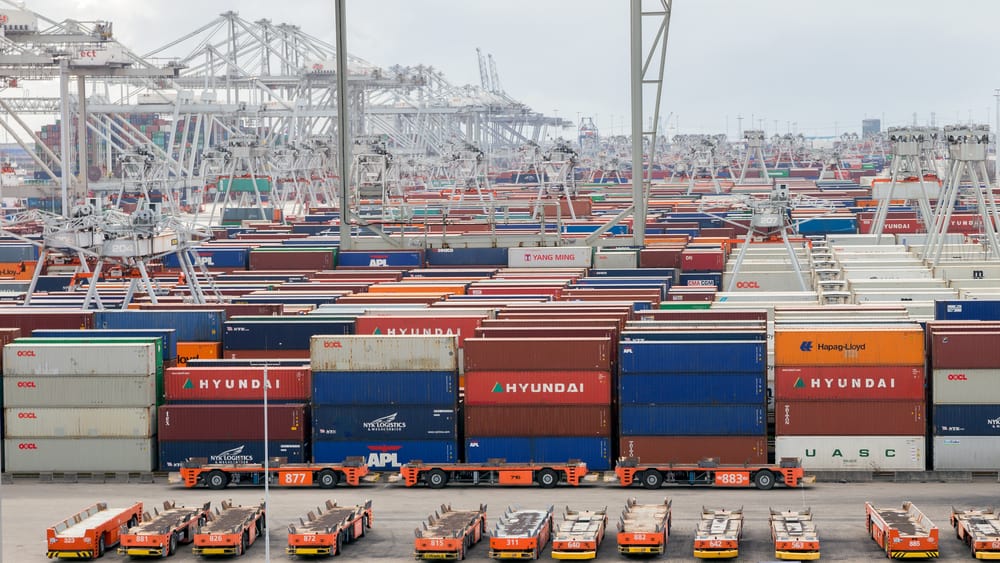Moody’s sees ships, trucks, and rail having elevated credit risks
Owners of ships, railcars and trucks face increased risk from environmental regulations, credit rating agency Moody’s said. The value of $265 billion in debt owed by transportation companies may be in for a bumpy ride in the near-term due to the costs of meeting those new rules. But Moody’s said the transition should be manageable. […]









































































































